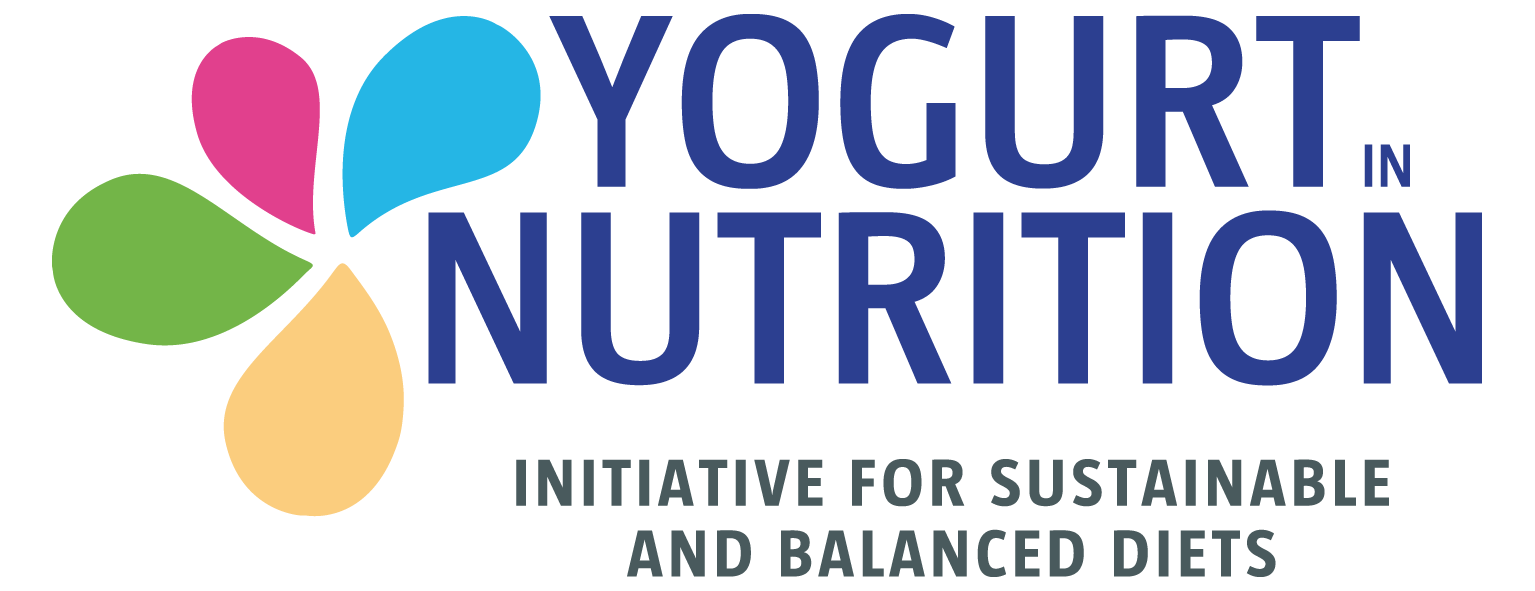Yogurt is known as a nutrient dense food within the dairy food group. Based on this data, several studies analyzed the nutritional contribution of yogurt among different population.
At different life stages
A British study, based on national nutrition survey data in the UK, analyzed the yogurt consumption and its contribution to nutrient intakes at different life stages. The study showed a small contribution to nutrient intakes in young children (for vitamin B12 riboflavin, calcium, iodine and phosphorus).
As children aged, the contribution of yogurt to micronutrient intake decreased, reflecting the increasing amounts and variety of foods in the diet, but also snacking behaviors.
As adolescents go through the final stages of the growing process, yogurt has a place for its contribution in several key vitamins and minerals.
During adulthood, as intake was higher among women, yogurt makes a greater contribution to their micronutrient intakes compared with men, providing more than 5% of the reference nutrient intakes for phosphorus, iodine, calcium, vitamin B12 and riboflavin.
Regarding the elderly, another study in the Netherlands showed that a daily consumption of protein-enriched bread and drinking yogurt resulted in higher protein intake.
For older adults, sufficient protein intake is crucial to maintain muscle mass and many data show an insufficient intake of proteins in hospitalized older adults. A single blind randomized controlled trial examined the impact of protein-enriched bread and drinking yogurt on protein intake. The results showed a raise of the mean protein intake with protein-enriched yogurt or bread, with 36% of the intervention group reaching the daily minimum recommendations (whereas, in the control group, only 8% met the requirements).
Among obese and non-obese individuals
Regarding specific populations, a study on 564 Canadians (160 obese and 404 non-obese individuals) evaluate the interest of yogurt in the dietary pattern. Results showed that daily yogurt consumption drives a prudent dietary pattern and is inversely associated to a Western dietary pattern, characterized by high intakes of red meat, sugary desserts and drinks, high-fat foods, and refined grains.
Moreover, the contribution of yogurt to daily energy intake was more pronounced in non-obese individuals (% of total energy, 2.92 % vs. 3.54 % respectively), who consumed more yogurt than obese individuals.
Future longitudinal studies are warranted to confirm these findings, especially in obese populations.
Source:
- Williams EB et al. The contribution of yogurt to nutrient intakes across the life course, Nut. Bul; 2015; 40(1):9-32
- Stelten, S. et al.; Protein-enriched regular products and their effect on protein intake in acute hospitalized older adults; a randomized controlled trial; Clinical Nutrition Journal; 2015; Vol 34(3): 409-414
- Cormier H et al.; Yogurt intake is associated with a healthier dietary pattern and is a lower contributor of energy intake in obese individuals; FASEB; 2014; 28 (1S): 1018.6





